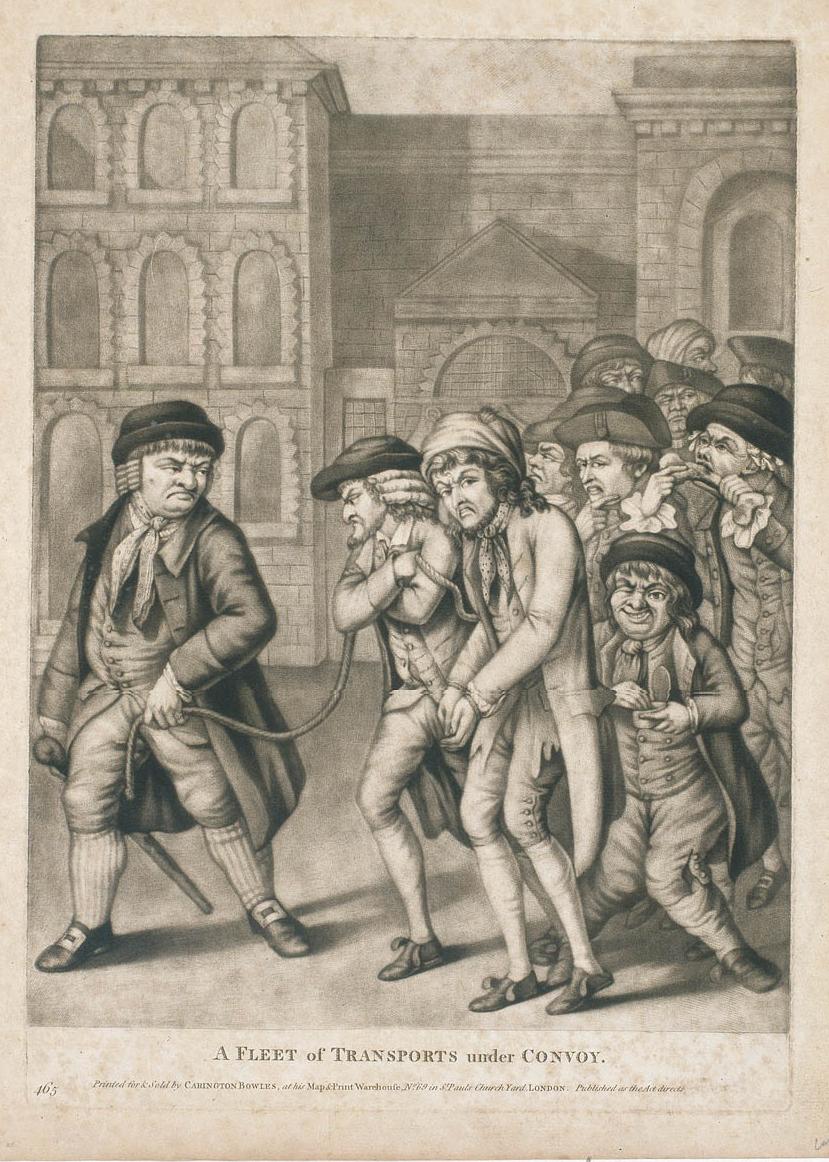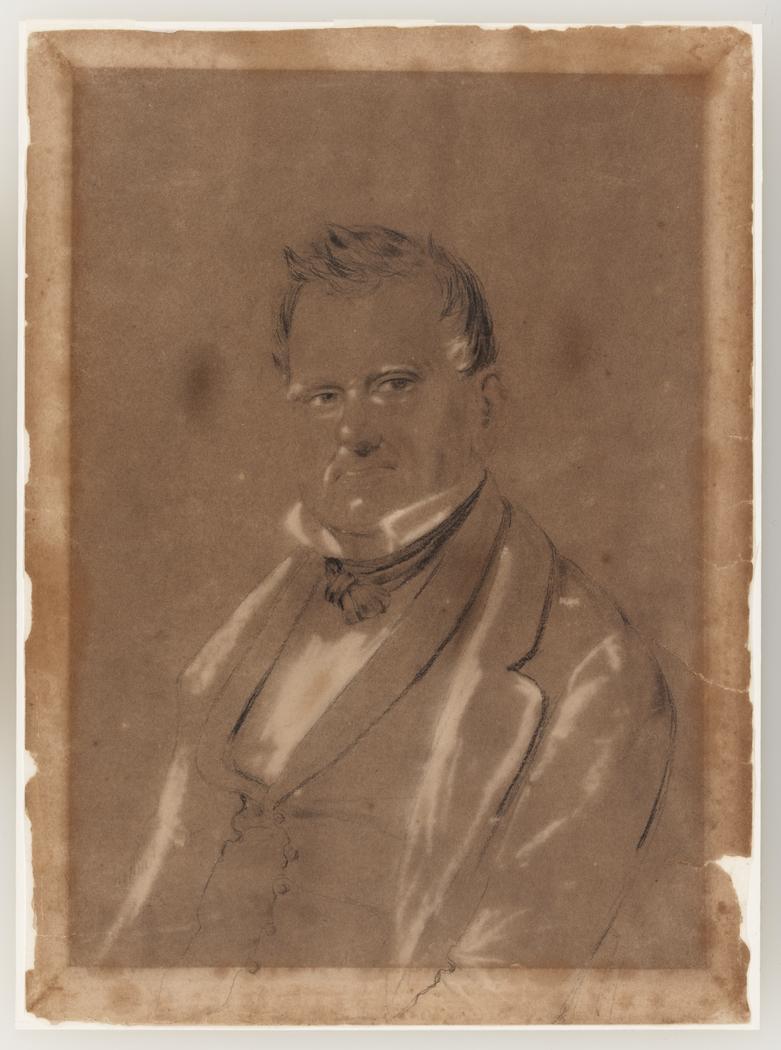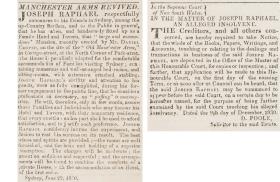Jewish convicts
In the late 18th century, London was home to Jewish people from two distinct cultures. Sephardi Jews of Mediterranean origin had settled there in the seventeenth century, while the Ashkenazi Jews were more recent arrivals, escaping oppressive conditions in Germany and eastern Europe during the eighteenth century.
Jewish people found employment in London difficult. Jewish merchants and tradesmen were required to obtain the freedom of the City in order to conduct business there which entailed the taking of a Christian oath. Living in squalor and poverty, it is not surprising that many Londoners – Jews among them – resorted to theft in order to feed their families.
As England’s prisons began to overflow, convicts were transported to the British colonies in North America until 1775, when British ships were refused entry into North American ports as a precursor to the War of Independence.
Transportation recommenced in 1787, when Commodore Arthur Phillip was sent to establish the new colony of New South Wales with soldiers, marines and over 700 convicts.
It is difficult to establish the precise number of Jews sent to Australia during the convict transportation era. Indents did not include details of a convict's religious affiliation until the 1820s. Some early convicts have been identified as Jewish based on typically Jewish surnames (such as Abrahams, Jacobs and Levy). Others were identified as Jewish because they had sworn on the Old Testament (rather than the New Testament) when tried in court.
Joseph Raphael
Joseph Raphael, a hatter by trade, was a Jew from the Spitalfields district of London. On 20 April 1802, Raphael was one of four men tried at the Old Bailey for highway robbery which was a rarity at the time, as most Jews sent out to Australia were convicted for less violent crimes.
In this instance, Raphael was found guilty and sentenced to death but his sentence was later commuted to transportation. Despatched on the Calcutta in 1803, he became an unwilling participant in the British Government’s first attempt to colonise Port Phillip, now known as Victoria. The colony was established under the leadership of Lieutenant-Governor David Collins, at Sullivan Bay (now part of Sorrento on the Victorian coast) but lack of fresh water and timber led to the eventual abandonment of the settlement. By 1804, the settlers and convicts had been moved to Risdon Cove, Van Diemen's Land.
Joseph Raphael’s conduct as a convict was far from exemplary. Frequently punished for insubordination, Raphael attempted to escape from Van Diemen’s Land in 1807. After being sent to Newcastle (New South Wales) and earning a conditional pardon, Raphael opened a shop at Pitt Street, Sydney, selling food, fabric and tobacco.
Raphael owned several Sydney businesses over a thirty-year period. In 1830 he purchased the celebrated Manchester Arms hotel in George Street. In the first Sydney Gazette advertisement from 24 June 1830, Raphael paints an enticing picture of his hotel. Within six months, however, Raphael was declared insolvent. During his time in Sydney, Raphael was rarely out of the courts. Whether suing over property disputes or being charged with assaulting magistrates, Raphael kept Sydney’s barristers busy.
Our portrait by Charles Rodius shows Joseph Raphael aged in his seventies. Raphael died in Sydney on 26 September 1853. A death notice in the Sydney Morning Herald described Raphael as 'one of the oldest colonists, highly esteemed by all that knew him, leaving an affectionate wife and a large circle of friends to lament their loss'. His wife, Ann (née Clements) died just three months later. Although buried by a Methodist minister, Joseph Raphael remained true to the Jewish faith and it is believed that he contributed towards the building of the York Street Synagogue.
> Read transcript of trial of Joseph Raphael [listed as Raphell], Middlesex Gaol Delivery, 20 April 1802, from Old Bailey Online: The Proceedings of the Old Bailey, 1674-1913.



